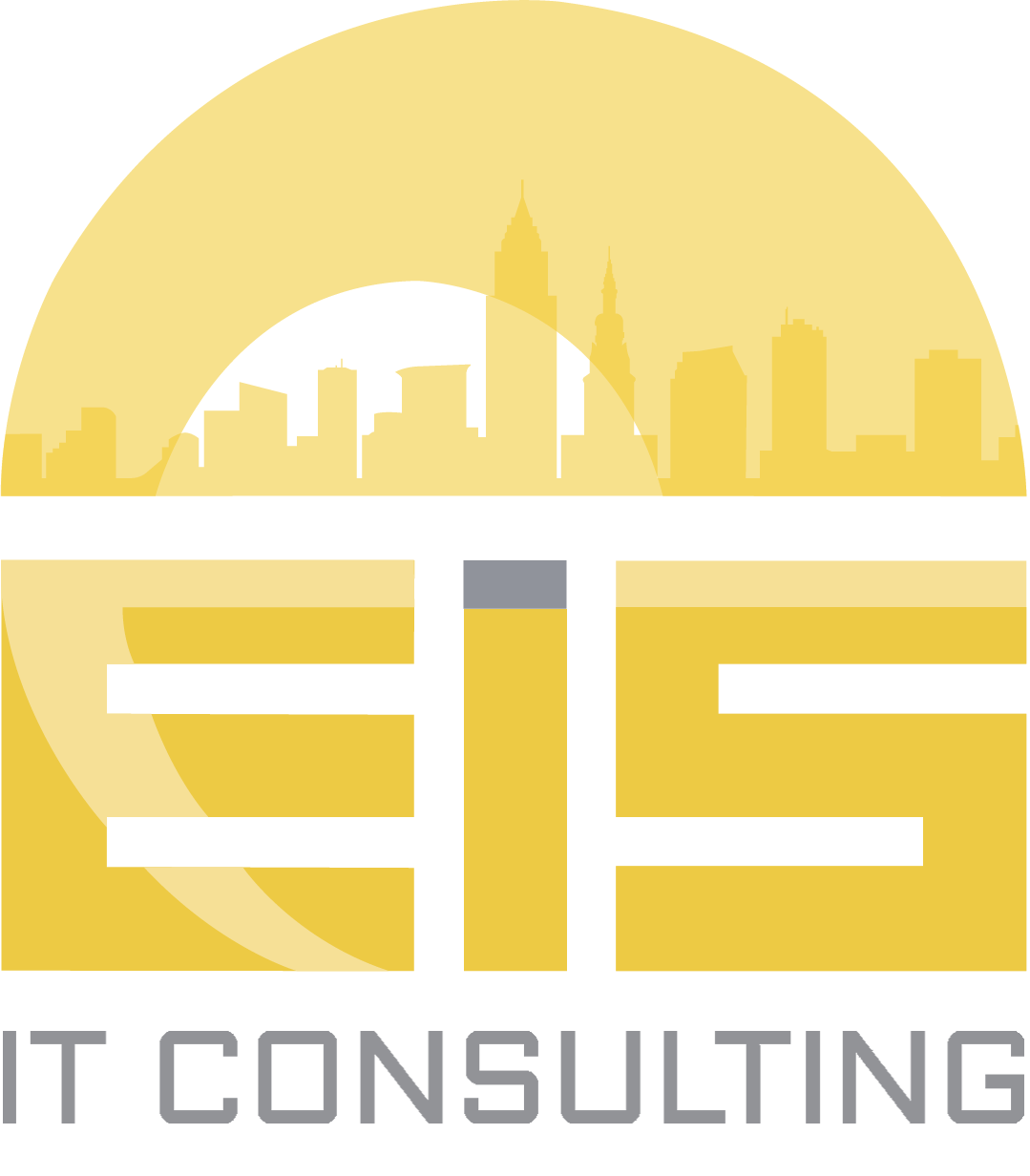Web Development
Mobile Development
Software Application
Microsoft Stack .NET – C# - UI/UX
ASP.NET
Angular Java Script
DevOps
Development Methods
Software Application Development
Businesses and organizations have a constant need for new applications to support their services, hence the need for continual new development. Challenges, in doing so, are ever present, such as the speed of development, the ease of use in rolling out these new apps to users, and the related topic of app delivery. These apps can range from large-scale software solutions across an entire enterprise or customer base to a laser focused application designed for a solitary purpose.
To manage a new applications project efficiently, the manager or development team must choose the software development methodology that will work best for the project at hand. Selecting that right software development methodology for your organization or product depends largely on your team size, goals, and other factors. The most commonly used software development methodologies are Agile, DevOps, Waterfall and Rapid Application Development. Each method has its own strengths and weaknesses and works effectively in different situations. When choosing your development methodology, think about combining the elements of each method that work best for your team and your current project. In this way, EIS can create a hybrid development methodology that’ll get you to production securely and efficiently. Bottom line, well managed projects are successful projects ….EIS can do that for your business.
•Software Development is the process of conceiving, specifying, designing, programming, documenting, testing, and bug fixing involved in creating and maintaining application that performs specific tasks for an end-user.
•Development Methods for Software include - Agile – waterfall – Scrum - Lean - Kanban
•Web Site software development for the Internet or an intranet
•Mobile Software Development for Mobile Devices, Tablets, or Phones
•Software Development languages specific to user interface or front end data storage resting place or back end, process, validation, and correspondence or middleware functionality


